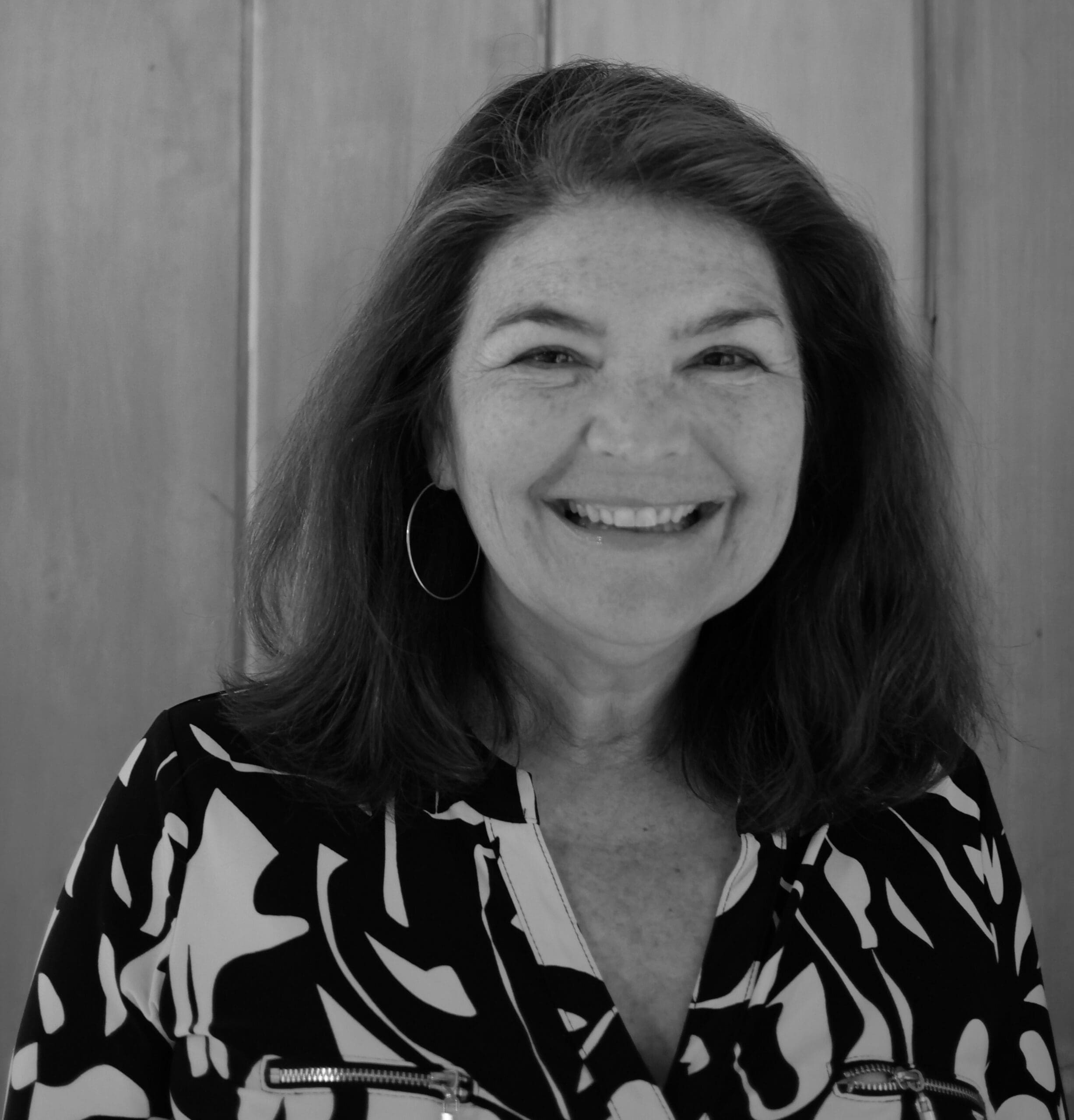Dr. Chris Winter says better sleep is the key to more than just avoiding bags under your eyes.

Dr. Chris Winter.
“My wife says this is starting to look too much like a man-cave,” laughs Dr. Chris Winter about his office at Charlottesville Neurology and Sleep Medicine. The walls are decorated with sports memorabilia—baseballs and framed covers of Sports Illustrated, all signed by grateful clients. In addition to his private practice and his work as medical director of the Sleep Medicine Center at Martha Jefferson Hospital, Winter is a sought-after consultant to professional sports teams, including the San Francisco Giants (who, interestingly, have won three World Series since engaging him), the Los Angeles Dodgers, the Tampa Bay Rays and the Pittsburgh Pirates. What does he do for these athletes? He helps them overcome time zone shifts and other challenges to optimize their performances through better sleep. And he can do it for you too.
Trim, with closely clipped hair, the 42-year-old Winter—who is also a triathlete—radiates energy. The UVA and Emory University School of Medicine grad has become one of the country’s top sleep doctors, conducting sleep research, delivering lectures and writing for national publications, including Women’s Health, Runner’s World and The Huffington Post. His popular blog for HuffPo—“Sleeping with the Band”—chronicles the nocturnal routines of up-and-coming bands as they travel. After sleeping on a ledge on the side of a cliff with a rock climber, Winter became interested in unusual sleep situations; his new blog, “Sleeping Around,” will chronicle his slumber in similarly challenging locations like fishing boats and haunted hotels. Also, a new reality series began filming at his practice in February. Here, Dr. Winter offers some strategies not just for overcoming sleep problems, but for using sleep as a tool for overall health and success.
Q: How has sleep medicine grown since you first started in the field?
A: People nowadays are just much more aware of their sleep. It’s no longer something that they can’t control. If people pay attention to their sleep, they can be healthier. They can feel better; their memory can be sharper. They can lose weight. There are lots of things that happen when we sleep that are so important.
Q: What are the different types of sleepers?
A: We call people short sleepers if they’re getting 5 hours and 45 minutes of sleep at night and feeling good the next day. A long sleeper is someone who needs 9 or 10 hours. Although we always caution people that if they think they’re a long sleeper, to make sure they’re truly a long sleeper—and not just because they’re trying to get more sleep quantity to substitute for the poor quality they’re getting. We have patients who come here all the time who basically sleep the entire weekend and still don’t feel better the next week. So the big thing you see when people begin to take control of their sleep is that they don’t feel tired anymore during the day.
Q: Are athletes at the forefront of sleep and trying to track it?
A: Yes. Look at some of these more progressive teams. They’re trying to figure out, ‘How can we get an advantage over these other teams?’ I think that a lot of them are saying, ‘Wow, we can pay a lot more attention to these eight hours in our athletes’ lives that we really haven’t paid much attention to before. Maybe if we optimize that, they might actually do better.’ So I think some teams clearly are, and I think every team will in the future. There’s just too much performance advantage in those eight hours to ignore.
Q: Do you see that with non-athletes as well?
A: Absolutely.
Q: Is it harder to get a good night’s sleep as we get older?
A: As we age, there’s a very easy explanation that we can just fall into, which is that at 50 we don’t feel the same way we did when we were 40—and that’s just because we’re 50. So we start to attribute symptoms of feeling poorly, having fatigue and sleepiness with how many candles we have around the cake. If someone is feeling tired at 50 though, there’s a reason for it, and it has nothing to do with being 50.
Q: What are strategies for optimizing sleep?
A: Strategy number one is trying to figure out how much sleep you need. And don’t get hemmed into the Dr. Oz [statement that] everybody needs 8 hours of sleep. If you sleep 7 hours and feel pretty good, you’re not doing yourself a disservice by not sleeping 8. Then it’s about making sure it’s consistent and the highest quality.
Q: So that’s one way of optimizing sleep—finding out what quality of sleep you are getting?
A: Correct. And that’s really what a sleep study does. In the clinic, it’s all about adjusting that bed time while keeping your wake-up time set. We can figure out pretty quickly how much sleep somebody needs and try to get them on a consistent pattern.
Q: How do you improve sleep quality?
A: It’s all about creating a schedule that’s pretty set in stone, because consistency is extremely important. In the military, they do things right. Every day is exactly the same as the next day: have breakfast at 0700 hours; go to bed at 11:30. Your brain likes to anticipate what’s coming rather than simply respond to it.
Q: What do you think about the sleep monitoring devices that people are wearing on their wrists at night, like FitBit?
A: I think they’re helpful. The one I like most is called Basis. Those who use the devices might be a little disappointed though, because they get all this great data about how much they’re sleeping or not sleeping, but then it requires the next step of, well, OK, what do I do with this data? If the device tells them they don’t sleep well, that’s when they should involve their primary care doctor or a sleep specialist.
Q: What happens when people get high quality sleep?
A: They have more energy. And once they start to have more energy, they’re going to exercise more and probably eat less. People who are tired eat. I think people start to feel bad, and it can sound like depression—they’re not exercising, the house is a mess, they feel bad about themselves as a homemaker or a father or a mother. When they start to have more energy though, they can come home from work after a very busy day and still have the energy to mow the lawn and fold the laundry and put it away—there’s a positivity about that.
Q: How do you feel when you help someone sleep better?
A: It’s fun to change someone’s sleep and then see what happens. Maybe it doesn’t always help cure their depression or help them lose a tremendous amount of weight, but I can tell you for the people it does, it’s what keeps me excited about my work. I see somebody back after a year who has been treated for sleep apnea, and I don’t recognize them. I had a patient who lost 45 pounds. He said, ‘Once I treated my sleep apnea, I could feel who I really was. Who am I? What do I really feel like? That’s all it took for me to get motivated to stop eating and lose weight.’ It’s hard to lose weight if you have problems with your sleep. You have too many factors working against you.
More tips from Dr. Winter for improving the quality of your sleep:
• Make your bedroom a place you look forward to visiting. Keep it dark, quiet and cool.
• Pick a wake-up time and stick to it. Don’t allow yourself to frequently make up for a difficult night of sleep with sleeping in or napping.
• Talk to a physician who knows about sleep if you rely on sleeping pills to sleep or believe that you cannot sleep without taking them. CvilleNeuroAndSleep.com









